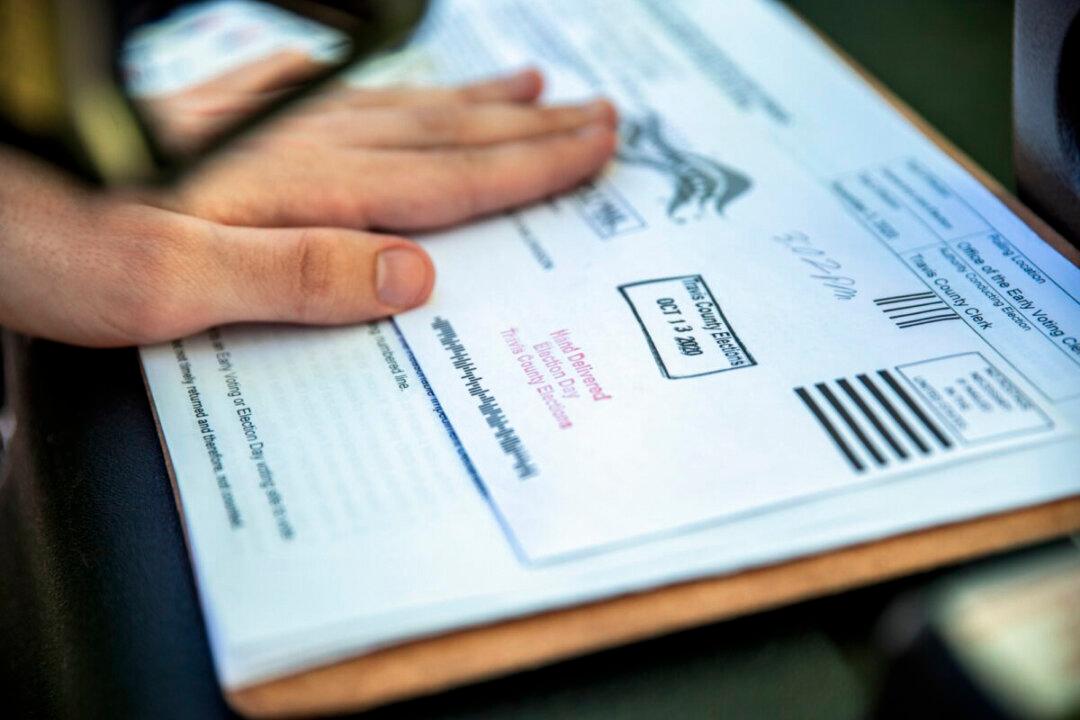An estimated 27,000 mail-in ballots in Georgia were returned as undeliverable by the post office during the 2020 election, according to a research brief by a good-government group. The number is more than double the margin of victory—12,000 votes—by which President Joe Biden won the state.
The new report from the Indianapolis-based Public Interest Legal Foundation (PILF) raises questions about the efficacy of voting-by-mail policies that were hurriedly adopted across the nation in the early days of the pandemic last year, purportedly to arrest the spread of the CCP virus that causes the disease COVID-19.





